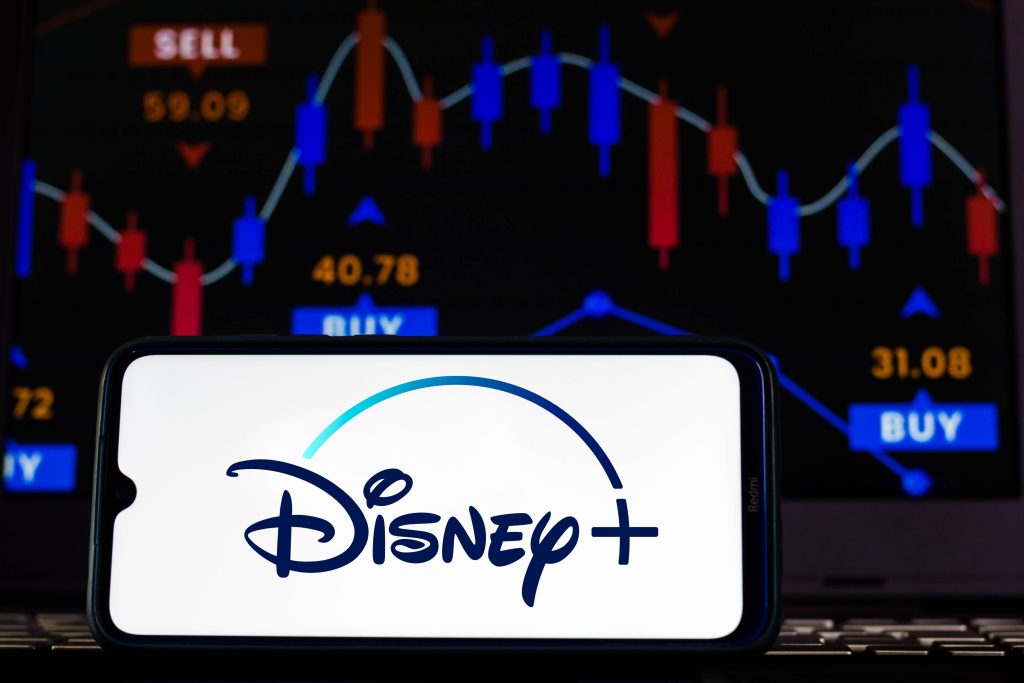India’s competition watchdog has given preliminary approval for an $8.5bn (£6.43bn) merger between Disney and Reliance Industries, setting the stage for the creation of the nation’s largest entertainment powerhouse.
The deal, which will see billionaire Mukesh Ambani’s Reliance Industries hold a majority stake, is expected to disrupt the landscape of Indian media, positioning the joint venture as a formidable competitor to global giants like Sony, Netflix, and Amazon.
The newly-formed entity will dominate the broadcasting rights for a significant portion of India’s sports events, including the highly lucrative cricket tournaments, which are a major draw for the country’s vast population of sports enthusiasts.
According to reports, the merger is anticipated to be completed within the next six months, with Nita Ambani, Mukesh Ambani’s wife, set to chair the joint venture.
The provisional approval from the Competition Commission of India (CCI) comes with conditions. The regulator noted that the deal is subject to “voluntary modifications” to address concerns raised during its review. The CCI had expressed apprehension about the level of control the merger would grant Disney and Reliance over broadcasting rights for cricket, a sport that commands a massive fan base across India.
For years, both Disney and Reliance have been vying for the attention of Indian consumers by offering free livestreams of cricket matches via their streaming services. Their combined efforts in securing broadcasting rights have seen the companies invest a staggering $9.5bn in TV and streaming rights for key events, including the Indian Premier League (IPL), T20 World Cups, and other tournaments under the International Cricket Council.
One of the primary concerns raised by the competition watchdog centred around the potential for the merged entity to hike advertising rates for cricket broadcasts. However, sources indicate that Disney and Reliance have assured the regulator that they will refrain from excessively increasing advertising fees.
The companies have also agreed to offload seven to eight of their non-sports television channels as a measure to balance revenues and mitigate the regulator’s concerns.
In addition to cricket, the merger will also grant the joint venture the broadcasting rights for other major sporting events, including Wimbledon, MotoGP, and the English Premier League (EPL). This expansive portfolio of sports content is expected to further solidify the new entity’s dominance in India’s media landscape.
Industry experts have hailed the merger as a transformative move in the digital entertainment sector. Gurmeet Chadha, managing partner of financial consultancy Complete Circle, told CNBC-TV18 that the deal creates “a huge digital entertainment giant”.
He emphasised that the new venture will benefit from substantial content assets, technological capabilities, and an extensive distribution network.
“In a country with 1.4 billion people and 90% internet penetration, this has huge, long-term implications,” Chadha remarked.


